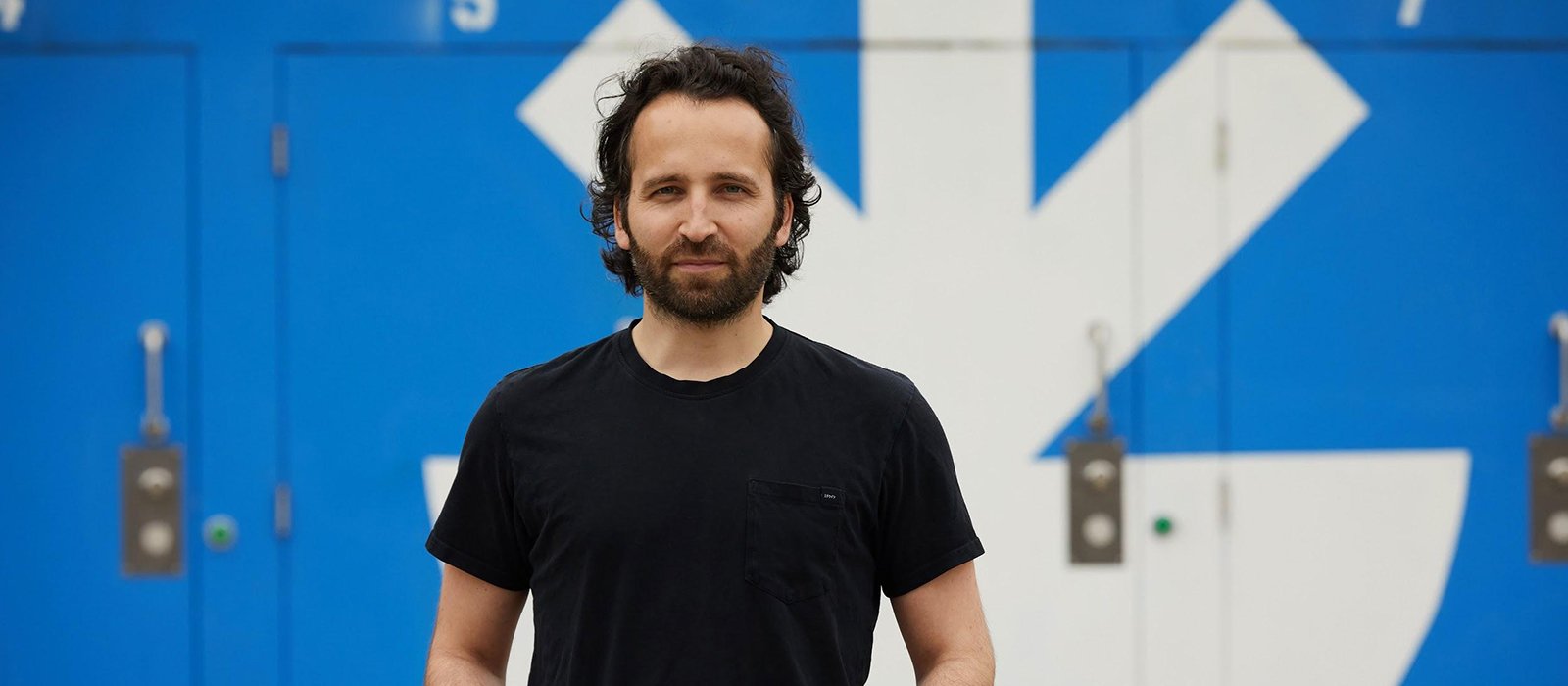Looking to meet the needs of the cities of tomorrow, London-based sustainable food supply chain provider Collectiv Food has raised £12 million. The startup is taking on a centuries-old industry that’s been slow to innovate and is essentially cutting out the middleman, delivering direct from producers to kitchens. The influx of new capital will help further develop Collectiv’s sourcing model, as well as propel further international expansion into continental Europe.
Launched in 2019, Collectiv is currently active in the UK and France, and has caught the eye of the hospitality sector in particular. With the one-two punch of a global pandemic and Brexit, Collectiv has been able to provide support to an industry that’s seen widespread staffing shortages and unreliable supply chains.
Sourcing food from a network of thousands of producers, Collectiv services restaurants, hotels, catering firms, meal-kit companies, and dark kitchens and stores. In contrast to the traditional wholesaler method of selling via a catalogue process, Collectiv provides an on-demand service that matches producers and buyers’ needs. All matches are then consolidated and distributed via a fully transparent and traceable distribution mechanism.
Committed to sustainability, Collectiv employs a decentralised distribution model, with last-mile delivery hubs located in under-utilised city locations. Through this model, the company states that up to 50% less CO2 emissions are generated when compared to traditional methods.
In an industry seeking to meet growing customer demands of higher quality food offerings and more transparency, Collectiv counts brands including Big Mamma Group, The Hush Collection, Dirty Bones, Megan’s, Crussh, Butchies, Cocotte, Tossed, and Fresh Fitness Food amongst its customer base.
The Series A round was led by Sweden's VNV Global, with VisVires New Protein (VVNP), Octopus Ventures, and Norrsken VC all participating. Existing investors including Partech, Colle Capital, and Mustard Seed all followed on.
“We’re being pushed by a combination of strong tailwinds: end-consumers demanding a better understanding of provenance; cities implementing air pollution regulations that limit large freight; and a post-Covid hospitality industry desperate to improve margins but with limited staff availability to facilitate this in-house,” commented founder and CEO Jeremy Hibbert-Garibaldi. “Combined with our innovative model, we’re able to set our sights on not only becoming a European leader in food distribution over the next few years, but even a global one.”



Would you like to write the first comment?
Login to post comments